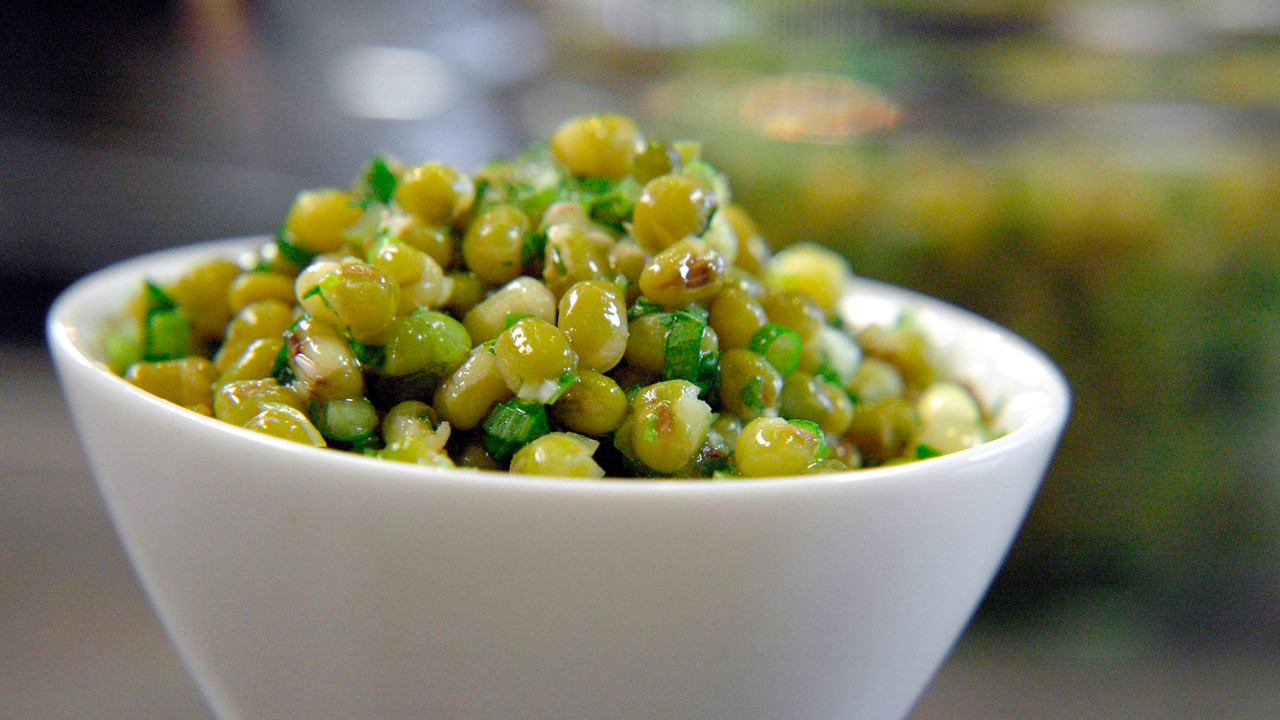
Mung beans might be small, but they pack a punch when it comes to nutrition and versatility. Ever wondered why these tiny green legumes are a staple in many Asian cuisines? Mung beans are not only rich in protein, fiber, and essential vitamins but also incredibly easy to cook. Whether you’re looking to boost your diet with plant-based protein or explore new recipes, these beans have got you covered. From soups and salads to desserts and sprouts, mung beans can do it all. Ready to learn more about these little powerhouses? Let’s dive into 25 fascinating facts about mung beans!
Key Takeaways:
- Mung beans are a versatile and nutritious legume that has been cultivated for over 4,000 years. They offer a wide range of health benefits, including being high in protein and rich in essential amino acids.
- Mung beans can be used in a variety of dishes, from salads to desserts, and are relatively easy to grow in warm, tropical climates. They are packed with vitamins and minerals, making them a great addition to any diet.
What Are Mung Beans?
Mung beans are small, green legumes that pack a nutritional punch. They are popular in many Asian cuisines and have been cultivated for thousands of years. Here are some fascinating facts about mung beans.
- Mung beans are native to India and have been grown for over 4,000 years.
- They belong to the legume family, which includes beans, lentils, and peas.
- Mung beans are often used in both sweet and savory dishes.
- They are a staple in Indian, Chinese, and Southeast Asian cuisines.
Nutritional Benefits of Mung Beans
Mung beans are not just tasty; they are also incredibly nutritious. They offer a variety of health benefits that make them a great addition to any diet.
- High in protein, mung beans are an excellent source for vegetarians and vegans.
- They are rich in essential amino acids, which are the building blocks of proteins.
- Mung beans contain a significant amount of dietary fiber, aiding digestion.
- They are low in calories, making them a good option for weight management.
- Packed with vitamins and minerals, including folate, magnesium, and potassium.
Health Benefits of Mung Beans
In addition to their nutritional value, mung beans offer several health benefits. Consuming them regularly can improve overall well-being.
- Mung beans have antioxidant properties that help fight free radicals in the body.
- They can help lower bad cholesterol levels, reducing the risk of heart disease.
- Their anti-inflammatory properties can help reduce chronic inflammation.
- Mung beans can help regulate blood sugar levels, making them beneficial for diabetics.
- They are known to boost the immune system due to their high nutrient content.
Culinary Uses of Mung Beans
Mung beans are incredibly versatile and can be used in a variety of dishes. They can be cooked, sprouted, or ground into flour.
- Mung bean sprouts are a popular ingredient in salads and stir-fries.
- In India, mung beans are used to make a dish called "moong dal."
- They can be ground into flour to make noodles and pancakes.
- Mung beans are often used in desserts, such as sweet soups and puddings.
- They can be fermented to make traditional foods like tempeh.
Growing and Harvesting Mung Beans
Mung beans are relatively easy to grow and harvest, making them a popular crop for farmers.
- Mung beans thrive in warm, tropical climates.
- They require well-drained soil and plenty of sunlight.
- The plants are drought-resistant, making them suitable for arid regions.
- Mung beans can be harvested within 60-70 days of planting.
- They are often grown as a cover crop to improve soil health.
Fun Facts About Mung Beans
Mung beans have some interesting and lesser-known facts that make them even more intriguing.
- Mung beans are sometimes called "green gram" due to their color and shape.
Mung Beans: A Nutritional Powerhouse
Mung beans pack a punch when it comes to nutrition and versatility. These tiny legumes are loaded with protein, fiber, and essential vitamins and minerals. They’re a great addition to any diet, whether you’re looking to boost your protein intake or add more plant-based foods to your meals.
From sprouts to soups and stir-fries, mung beans can be used in countless dishes. They’re easy to cook and can be a staple in your kitchen. Plus, they’re affordable and sustainable, making them a smart choice for both your health and the planet.
Next time you’re at the grocery store, grab a bag of mung beans. Experiment with new recipes and enjoy the many benefits these little beans offer. Your body and taste buds will thank you!
Frequently Asked Questions
Was this page helpful?
Our commitment to delivering trustworthy and engaging content is at the heart of what we do. Each fact on our site is contributed by real users like you, bringing a wealth of diverse insights and information. To ensure the highest standards of accuracy and reliability, our dedicated editors meticulously review each submission. This process guarantees that the facts we share are not only fascinating but also credible. Trust in our commitment to quality and authenticity as you explore and learn with us.


